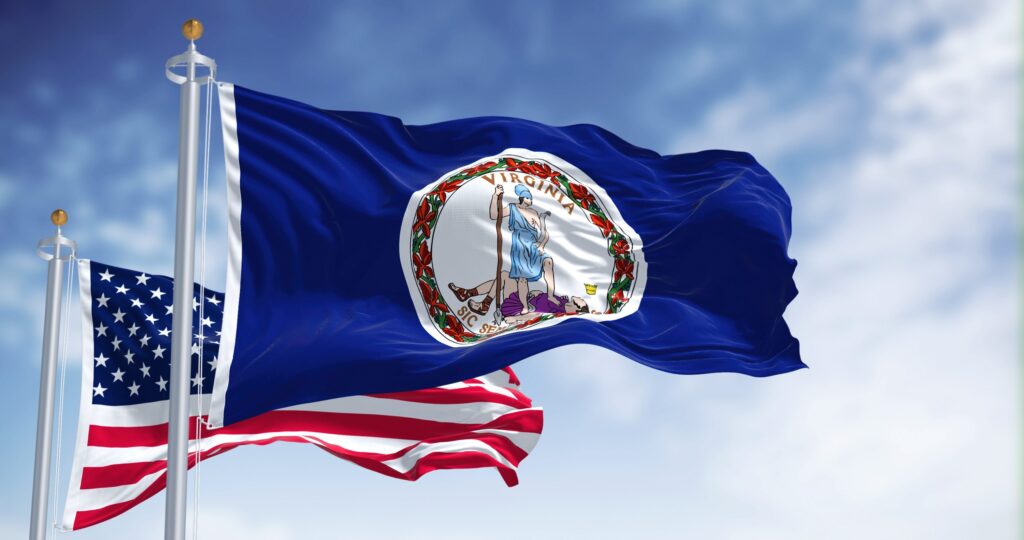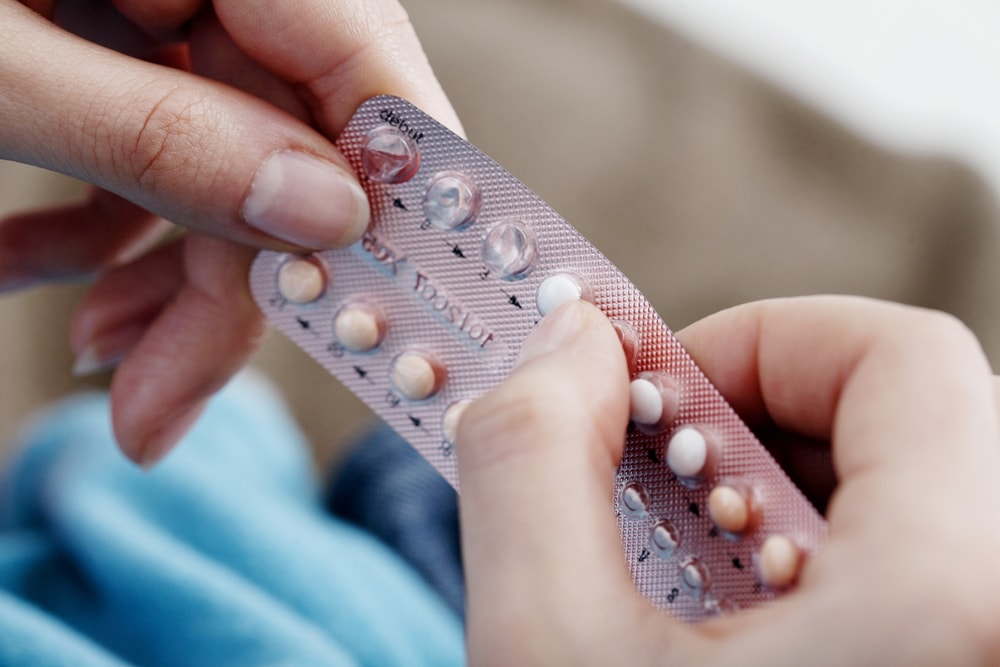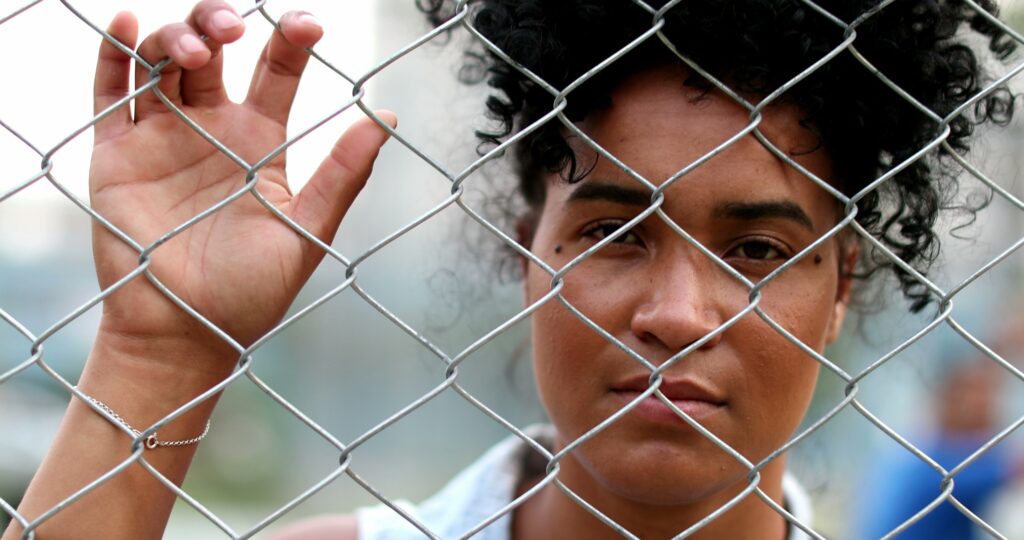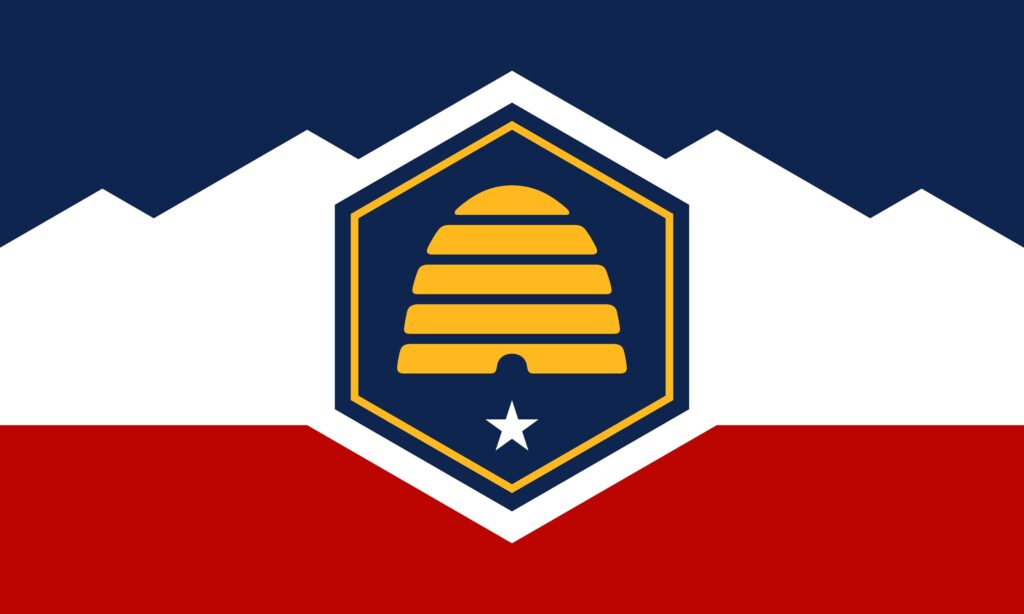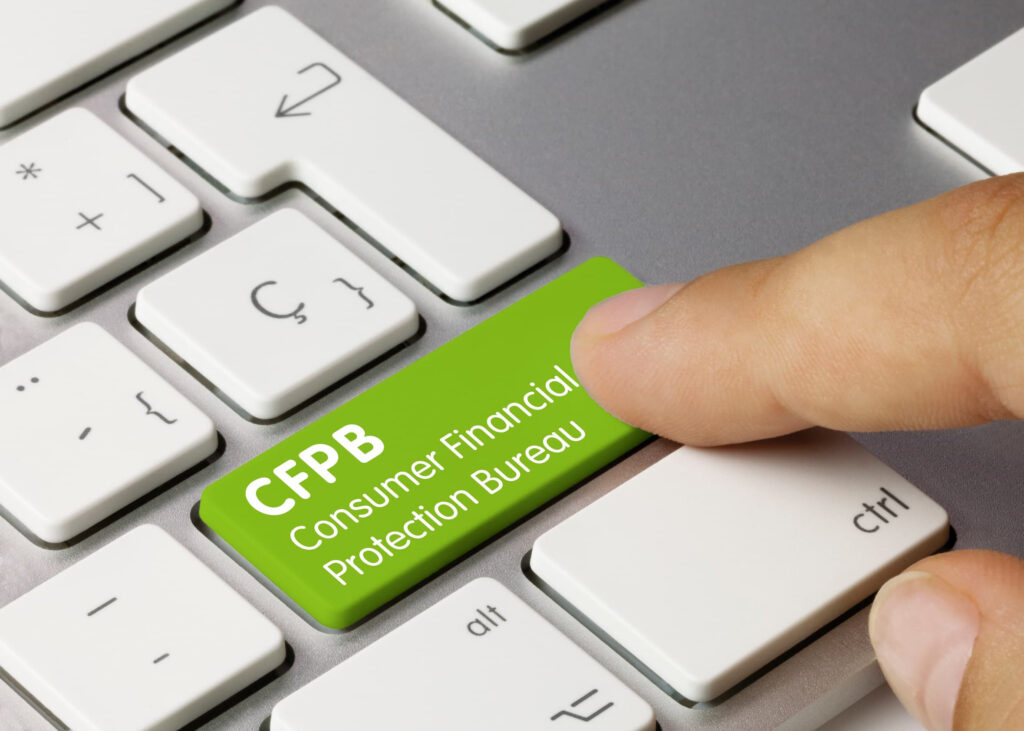R Sheet on Pharmacy Access to Contraception in Iowa
Authors
Key Points
Media Contact
For general and media inquiries and to book our experts, please contact: pr@rstreet.org
Background
In the last several years, 10 states and the District of Columbia have passed pharmacy access bills, which allow pharmacists to prescribe hormonal contraception to women. These efforts expand the scope of practice for pharmacists and increase access to birth control for women—especially those who may not have a regular physician or find that an appointment is too costly. Such advances are critical to the prevention of unintended pregnancies.
In 2010, the latest year for which data is available, 43 percent of pregnancies in Iowa were unintended. And, they come at a high cost, as 61.5 percent of those were publicly funded, costing the federal and state governments over $175 million—$48.3 million of which was shouldered by Hawkeye State taxpayers.
Fortunately, Iowa’s unintended pregnancy rate has decreased from its peak of 46 percent in 2006. However, the role of effective contraception in reducing unplanned pregnancies cannot be understated, as women are now using it more often and more effectively than in the past. Adopting a pharmacy access model in Iowa would therefore offer women increased access to effective contraception, especially in rural areas where it may be less accessible. In turn, this would help avoid unintended pregnancies and their effects.



